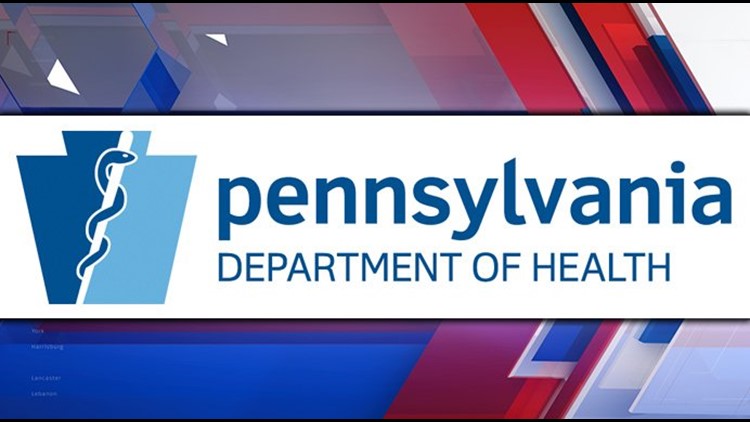HARRISBURG — The Wolf Administration encourages all Pennsylvanians to be aware of the various types of eating disorders that can affect individuals of any gender, age, race, ethnicity or lifestyle, and emphasizes the importance of supporting those affected by them.
While eating disorders are typically thought to primarily affect young women, in recent years hospitalizations involving eating disorders for men have increased by 53 percent. In addition, 13 percent of women over the age of 50 exhibit eating disorder behaviors.
“Eating disorders are serious conditions that are potentially life-threatening and have a great impact on all aspects of a person’s health,” said Health Secretary Dr. Rachel Levine. “The pressure, attitudes and behaviors that cause eating disorders to develop are prevalent in our culture and affect all age groups, especially teens. It is imperative to know the signs and symptoms of eating disorders so we can help connect those who are suffering with the support they need.”
Eating disorders are serious illnesses and are not lifestyle choices. These illnesses usually appear in adolescence, and are associated with substantial psychological problems, including depression, substance abuse and suicide. The prevalence of eating disorders has continued to increase and is one of the top five most common illnesses among American teens. One person dies every 62 minutes as a direct result of an eating disorder.
The warning signs of eating disorders, which are physical, emotional and behavioral in nature, can vary depending on the disorder. Generally, behaviors and attitudes that are fixated on weight loss, dieting or control of food are warning signs.
Many individuals are unaware of the devastating mental and physical consequences of these illnesses, as well as the attitudes and behaviors that shape them. It is important that parents, educators, healthcare providers, and community members are aware of the signs and symptoms of eating disorders.
Anyone looking for support, information, referrals and guidance about eating disorders, either for themselves or a loved one, can contact the National Eating Disorders Association Helpline at 1-800-931.2237.
Source: PA Department of Health



